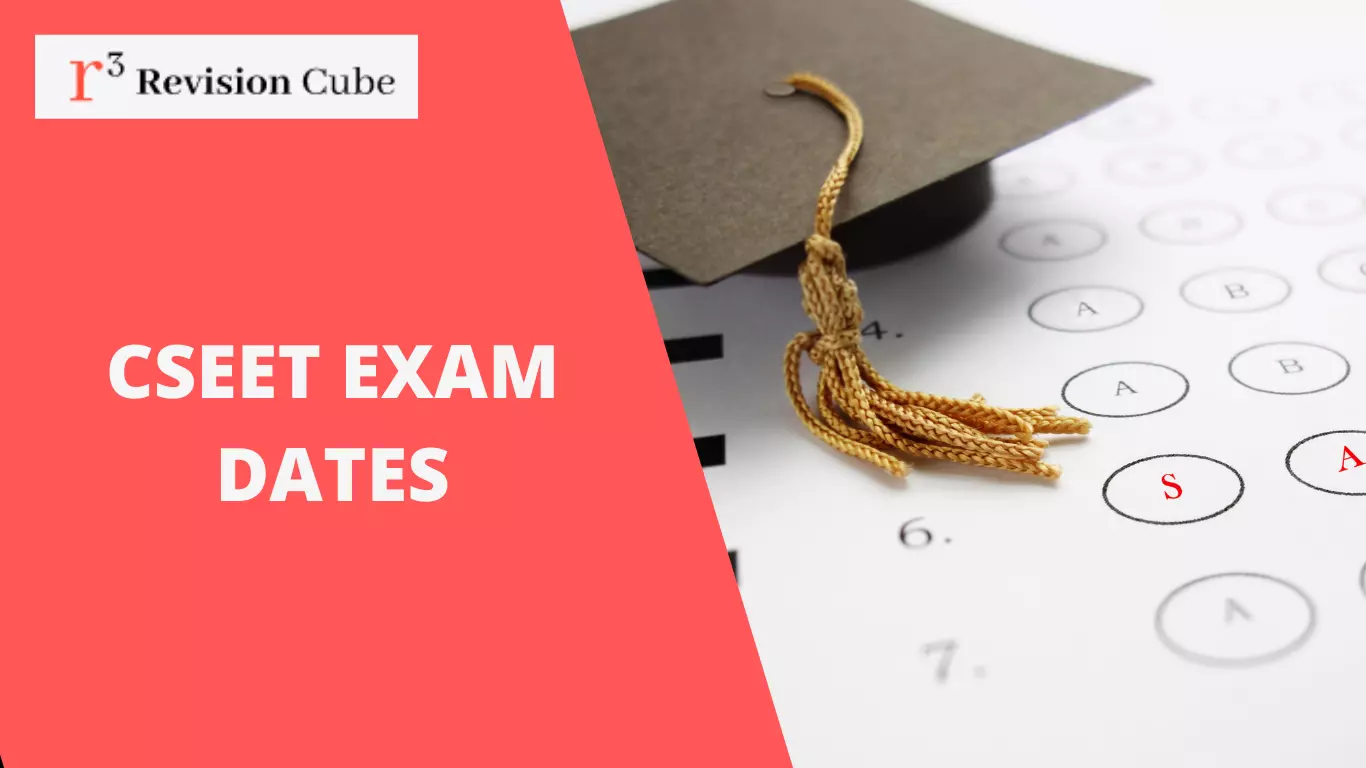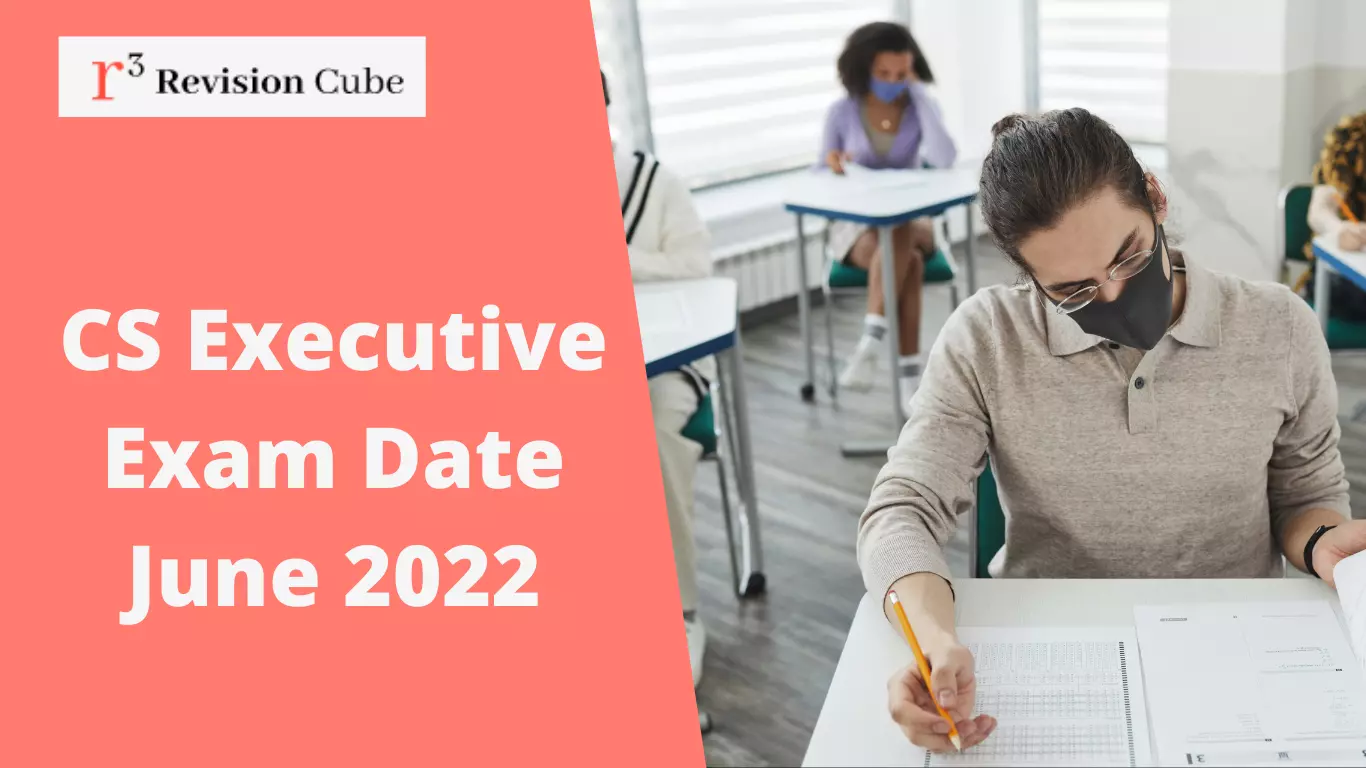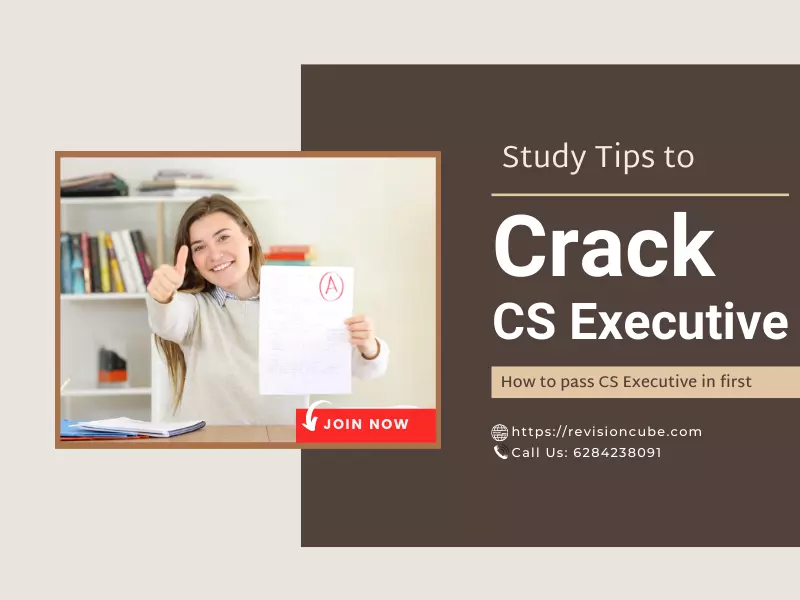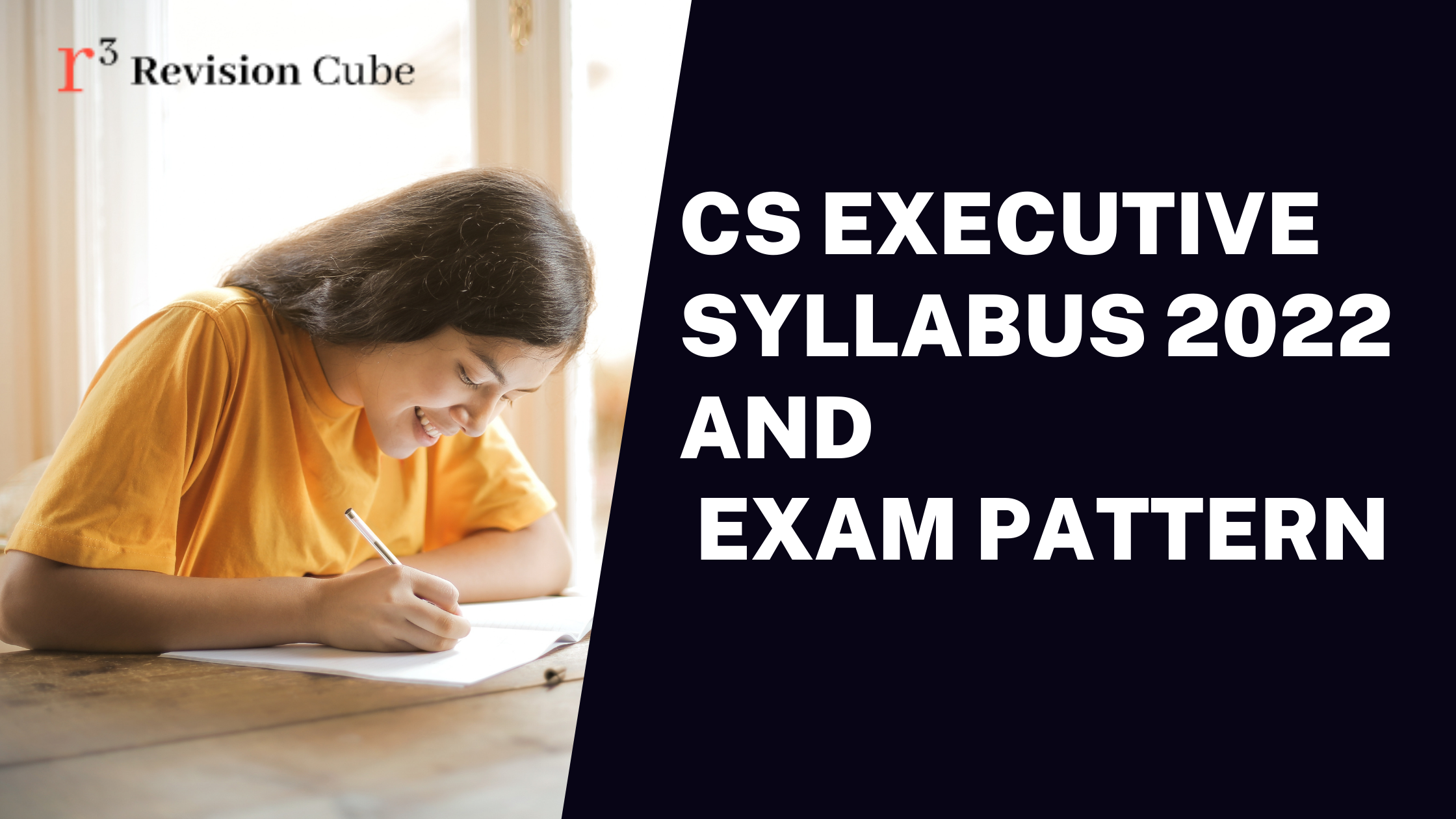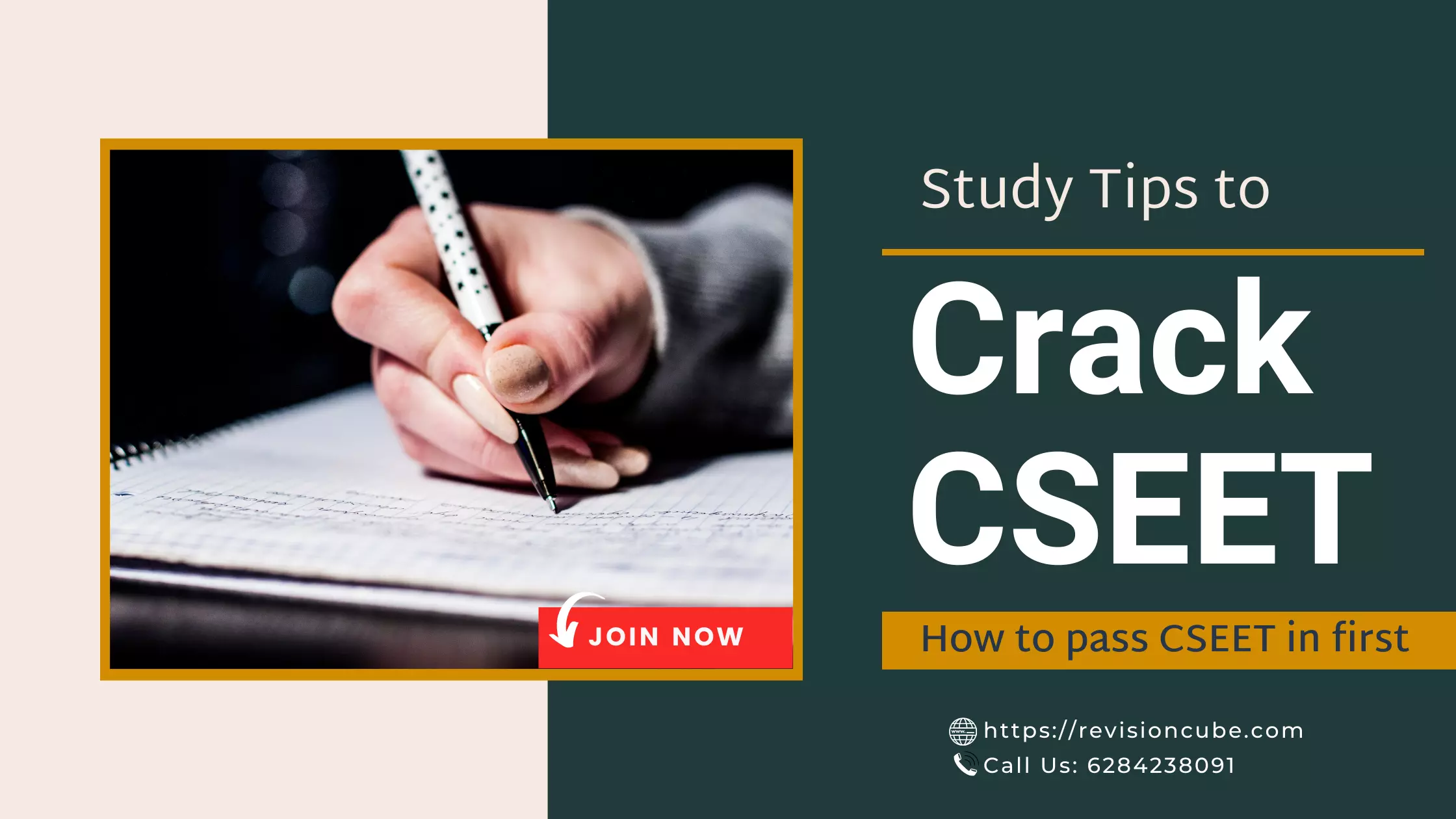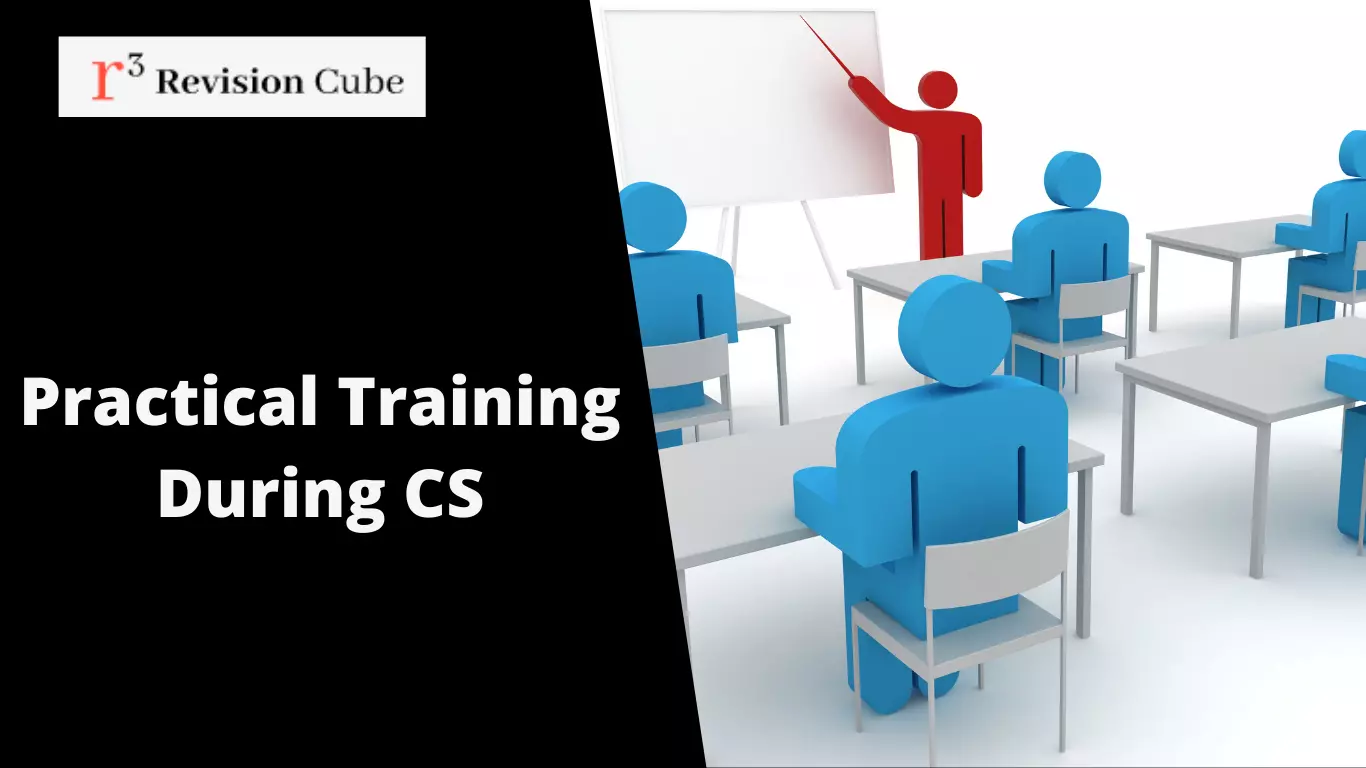
Practical Training during CS
In addition to learning and preparing for the CS tests, students who are pursuing a degree in Company Secretary (CS) are required to participate in a variety of training programmes in order to broaden their skill sets in preparation for entering the workforce and looking for employment. These training cover topics such as:Long-Term Internship Programme, also known as practical or Article ship Training: This is a long-term internship programme, in which participants are required to train under certain organisations. Depending on when the training actually begins, the length of the programme might be anything from one to three years at its maximum. More will be spoken about this at a later time. You may potentially qualify for exemptions from this training based on the amount of experience you have gained on the job.
Management Skills Orientation Curriculum (MSOP): The ICSI MSOP is a 15-day programme that has to be done once all training or exemptions from training have been completed. In the blog post that we have planned for today, we are going to concentrate on CS Practical Training, including its benefits and what participants may anticipate from it.
What exactly does "CS Practical Training" entail?
The Computer Science Practical Training programme is an internship that lasts a long time and allows participants to train with one of the following organisations:
- When dealing with a corporation that has a minimum paid-up share capital of fifty lakhs Indian Rupees
- With the services of a Company Secretary Being Rendered
- with the Ministry of Corporate Affairs, the Registrar of Companies, Regional Directors, the Official Liquidator, banks, law firms, consultancy firms, financial institutions, LLPs, government bodies and departments, and public sector undertakings.
Take note: It is imperative that you verify that the Companies, Company Secretaries in Practice, and any other organisations that will be providing training are all registered with the Institute.
The Length of Time Spent in Practical Training for CS
Now, the length of time required to complete the practical training might vary greatly depending on when you begin the programme. The breakdown may be seen in the table that follows:
|
Particulars |
Duration |
|
After registration to CS Executive programme |
3 years’ training required |
|
After passing CS Executive programme |
2 years’ training required |
|
After passing CS Professional Exam |
1 year training required |
You will be required to hand in quarterly reports and project reports while you are currently participating in the course. Let's take a closer look at each of them.
The Quarterly Report as well as the Project Report
During the time that you are participating in the training programme, you are required to hand in a project report once every three months. In the end, this comes out to be:
- 4 reports for the training programme that will last for one year
- 8 reports for the training programme that will last for two years.
- 12 reports for the training programme that will last for three years
A final project report on any subject or topic that has been given to you by your trainer is another requirement that must be met before the completion of your programme.
The exception to the Requirement for CS Practical Training
If you have attended practical training that is comparable to what the ICSI requires, then you are eligible to petition for exemption; the level of exemption you qualify for will depend on your level of experience. You are only allowed to seek an exemption for a maximum of one year at a time. In addition to that, you should have succeeded in passing both parts of the CS Professional Exam.
The following is a list of the prerequisites (extracted directly from the ICSI website):
One year of experience as an Assistant/Deputy Company Secretary or a higher position in the Secretarial Department or three years of experience as a Secretarial Officer/Executive in the Secretarial Department in any company or body corporate with a paid-up share capital and reserves of at least Rs.25 lakhs or any organisation with gross fixed assets of at least Rs.50 lakhs, including any public sector undertaking, autonomous or statutory.
two years of experience as an executive or three years of experience as an assistant under a Company Secretary in full-time practise or in the employ of a company of such Company Secretaries, which, in the judgement of the Council, gives the opportunity to acquire appropriate professional experience;
three years of experience of continuous practice on a whole-time basis as a Chartered Accountant or Cost Accountant having carried out statutory / cost / internal auditor providing management consultancy services; three years of experience in continuous practice as an Advocate in a high Court having rendered services as Counsel / Advisor to a Company having paid-up share capital and services of not less than rupees twenty-five lakhs; or three years of experience in continuous practise as a Cost Accountant having carried out statutory / cost
Stipend Throughout the course of CS Practical Training
You are eligible to receive a stipend that will cover your essential expenses while you are participating in the CS Practical Training. The following is the bare minimum stipend that is required by ICSI:
|
Particulars |
Students that are enrolled in the CS Executive Program |
Students who have cleared the CS Executive exams |
Students who have cleared CS Professional |
|
Students undergoing training under a practising CS |
Rs.2,000/month |
Rs.3,000/month |
Rs.4,000/month |
|
Students undergoing training at Company/other entities |
Rs.3,000/month |
Rs.4,000/month |
Rs.5,000/month |
Take a break while you're still in the CS Practical Training.
During the time that you are participating in CS Practical Training, you are eligible to take two different kinds of leave: Study Leave and Casual Leave. You are eligible for study leaves ONLY IF YOU HAVE NOT YET PASSED ALL OF YOUR EXAMS. This means that if you are enrolled in training after passing your CS Professional test, you are not eligible for any study leave; however, you are still able to take advantage of casual leave. In addition, in the event that any Sundays or holidays occur during a continuous period of study leave, those days will be counted as part of the study leave. On the other hand, in the event that any Sundays or holidays occur during a continuous period of casual leave, those days will not be counted as part of the casual leave period.
The following table shows the breakdown of leaves:
|
Duration of Training |
Total Number of Casual Leaves |
Total Number of Study Leaves |
|
1 year |
36 |
72 |
|
2 years |
24 |
48 |
|
3 years |
12 |
0 |
Note that you are entitled to just one casual leave for every month of training. At the conclusion of the training time, all unused casual leaves will expire. If you have taken absences in excess of the entitlement, your training will be prolonged according to the number of days exceeded.
Read Also:


